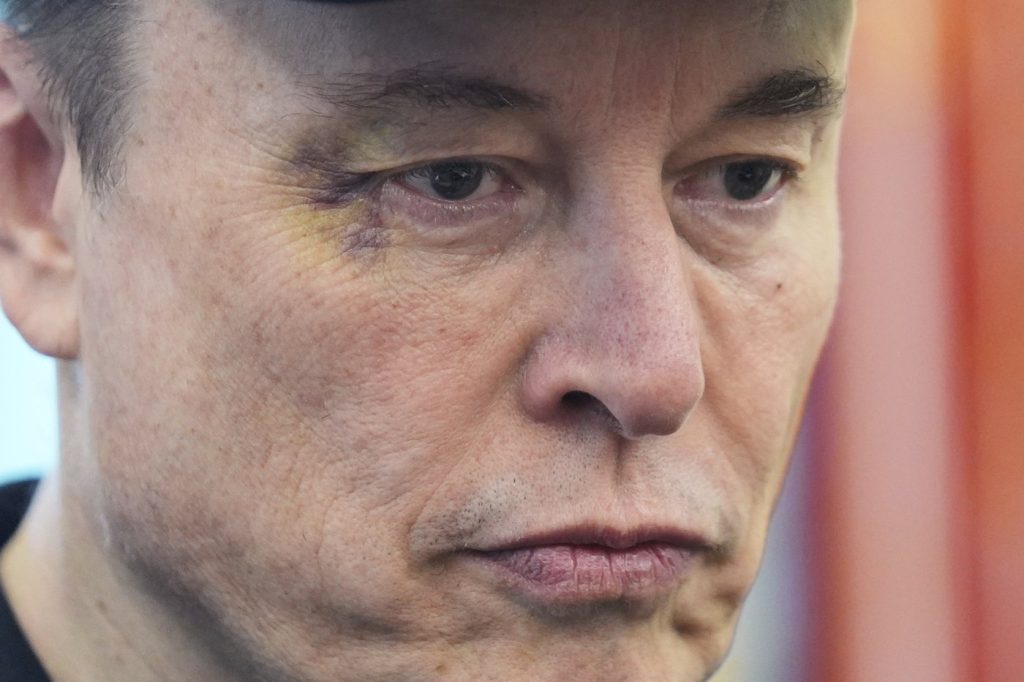Elon Musk has openly criticized President Donald Trump's extensive tax and spending cuts bill, stating that the legislation poses a significant threat to job creation in America and could hinder the growth of emerging industries. In a post on X, Musk claimed that the latest Senate draft will "destroy millions of jobs in America" and cause "immense strategic harm" to the country. He argued that the bill provides unnecessary handouts to outdated industries at the expense of future-oriented sectors.
Musk's discontent with the bill coincides with a procedural Senate vote aimed at initiating debate on the nearly 1,000-page legislation. He has previously labeled the proposal as "pork-filled" and a "disgusting abomination," expressing disdain for lawmakers who supported the measure. On his platform, Musk articulated a strong warning to those who backed the bill, asserting that they were betraying the American people and urging them to recognize their wrongdoing.
The criticisms from Musk reignite tensions between him and the administration he recently departed. The Republican Senate leadership, working diligently to expedite the passing of the legislation by Trump's Fourth of July deadline, found themselves further challenged by Musk's vocal opposition. Musk's previous comments regarding Trump’s bill have already established a narrative of conflict, particularly after his departure from the federal government.
The contentious relationship took a more severe turn when Trump expressed disappointment in Musk's negative comments about the tax bill. Musk retaliated by insinuating, without evidence, that Trump was somehow linked to the files of convicted sex offender Jeffrey Epstein. However, both figures later attempted to deescalate their feud, with Musk admitting to having gone "too far" in some of his posts, while Trump extended understanding towards Musk’s perspective in a New York Post interview.
Despite the earlier attempts to mend fences, Musk's latest backlash raises questions about the stability of their relationship, especially given that the White House has not responded to inquiries regarding the matter. While Musk’s focus has shifted back to his business interests, his earlier political influence had diminished following his exit from the administration.
Nevertheless, Musk has shown a willingness to financially support Trump's 2024 campaign, highlighting his capacity to impact political outcomes when motivated by particular issues or candidates. As Trump scrutinized Republican senators who hesitated to support the legislation, he specifically targeted Senator Thom Tillis for his dissenting vote, suggesting potential repercussions for Tillis's reelection campaign.
The tax and spending bill narrowly passed its test vote in the Senate during a Saturday evening session, allowing lawmakers to commence the debate over the contentious legislation, which is critical for the administration’s future plans and Trump's ongoing political ambitions.












